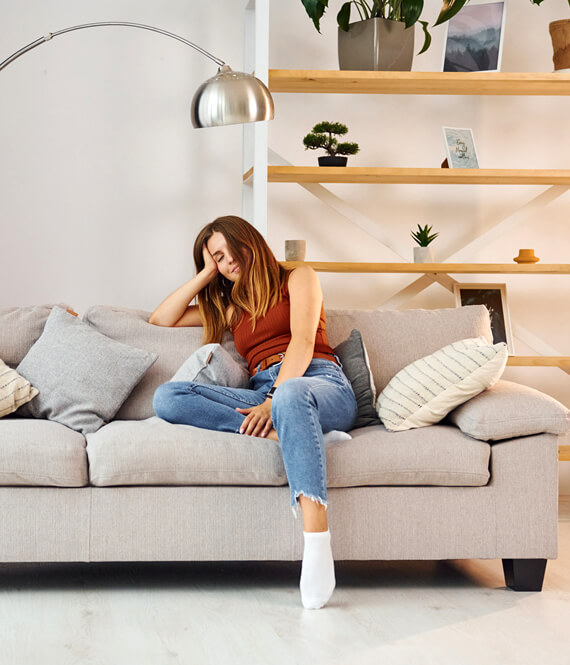
How To Optimize Your Home For Your Mental Health
We recommend helpful products in our articles. Read our full disclosure here. The content on this website is not intended to be a substitute for professional advice, diagnosis, or treatment.
For many of us, home really is where the heart is.
Our homes are often the place where we feel most safe and at ease.
Your home must work for you, and there are lots of things you can do to allow your home to be a space that is optimal for nurturing your mental health and really focusing on yourself.
Declutter and organize
People often say, ‘tidy house, tidy mind’ and it is unsurprising that for many, this runs true.
Decluttering your home of items you no longer have a use for or no longer enjoy can be very therapeutic.
Organizing your home is a good start in improving your space for your mental health.
Take some time to consider how you could improve the functionality of your home, for example, by investing in built-in furniture for storage or removing appliances you don’t use.
Built-in furniture seamlessly integrates into the structure of a building or room, offering functional solutions and optimizing space.
Common types include cabinets and shelves for books or storage, wardrobes and closets for efficient clothing organization, and desks or workspaces tailored to specific needs.
Built-in seating, such as window seats or banquettes, provides both comfort and space efficiency.
Entertainment centers can be custom-built to house media devices, and bed frames can be integrated with storage options.
Additionally, fold out sofa beds contribute to a decluttered living space, positively impacting mental health.
Their dual functionality maximizes space, serving as a sofa and a bed.
This versatility minimizes the need for extra furniture, creating a streamlined and organized environment.
Decluttering and organizing allow you to create a calm environment where you can take better control of your mental well-being.
Embrace your passions
Something that many people find effective in caring for their mental health is putting lots of energy into their passions and things they enjoy the most, providing them with a positive focus.
Your home should reflect this and provide a safe space to do so.
Be sure to prioritize your passions when organizing and arranging your home.
For example, if you enjoy painting, be sure to make room for this, or if you take peace in watching nature, then position furniture to allow for this.
Whether fiction, non-fiction, or poetry, reading can be a great way to escape and stimulate your mind.
Writing, whether in a journal, poetry, or creative writing, allows for expressing thoughts and emotions on paper.
So, ensure you place your favorite reading and writing materials in accessible places in your living space.
Cooking or baking allows for experimentation with new recipes, offering both a creative process and a delicious result.
Investing in some new kitchen supplies or tableware can inspire you.
Whether learning to play an instrument or simply listening to favorites, music can evoke emotions and enhance mood.
So, why not buy a new musical instrument to learn?
Being proactive in making your home work for you can be really beneficial.
Dedicated working space
Since the pandemic, more of us are working from home than ever before.
This has had different impacts on everyone, with some people benefitting greatly from the lack of stressful commutes whilst others struggle with the lack of in-person human interaction.
If you work from home, it is really important that you set up a dedicated working space.
Not everyone has the luxury of having a home office that you can close the door on after a long day, but don’t let that stop you from setting up a space specifically for working, whether it be a spot on your sofa or a seat at your dining table.
If possible, try to avoid working in the room where you sleep.
Being intentional with creating this space will allow you to achieve a greater work-life balance even when working from home.
Introduce greenery
There are countless benefits to introducing plants into your home.
Not only are they good for your physical health due to their ability to purify the air, but they have also been proven to have incredibly positive impacts on mental wellbeing too.
Studies show that house plants can reduce stress so it is definitely worth incorporating some greenery into your space.
In addition to reducing stress levels, flowers have also been found to impact mental health in other ways positively.
Research has shown that being around beautifully-arranged flowers can help improve mood, reduce feelings of anxiety and depression, and increase feelings of happiness and life satisfaction.
Simply taking the time to care for and appreciate the beauty of flowers can provide a sense of calm and relaxation, which can be especially beneficial during times of stress or uncertainty.
Lighting is key
Lighting is not something we tend to think of straight away when focussing on mental health, but the lighting in your home can have a big impact on your mood.
With many of us now working from home frequently, we are receiving far less natural light exposure than before.
Be mindful of this when setting up your dedicated working space, and try to ensure that you receive some natural daylight.
If you aren’t able to do this, or the natural light your home receives isn’t enough, then consider investing in a SAD lamp that replicates sunlight and tricks your body into releasing serotonin.
Lighting is not only important during the day, but you should also consider lighting within your home during the evenings.
Creating a calming atmosphere with considered lighting is a good way to ensure you get a good night’s sleep.
Avoid blue lighting and instead opt for something warmer and more natural.
This also applies to early in the morning too; if you struggle to wake up early in the dark winter months, then an alarm clock with a built-in lamp that mimics the sunrise could be ideal for you.
Prioritize sleep
Sleep is so intrinsically linked to all aspects of our health, including our mental wellbeing.
This should be reflected in your home.
Invest in a comfortable mattress; mattresses should be replaced every six to eight years, so bare this in mind.
As well as the mattress, consider how different pillows and bedding will impact your sleep, and take some time picking items that are going to work for you.
Creating a nice environment to sleep in is a good way to encourage yourself to prioritize your sleep.
"We love to research problems, examine studies, analyze solutions, and share with you ideas that make life healthier. You can learn about us and our editorial standards here. Have suggestions or feedback to share? Send us a message!."


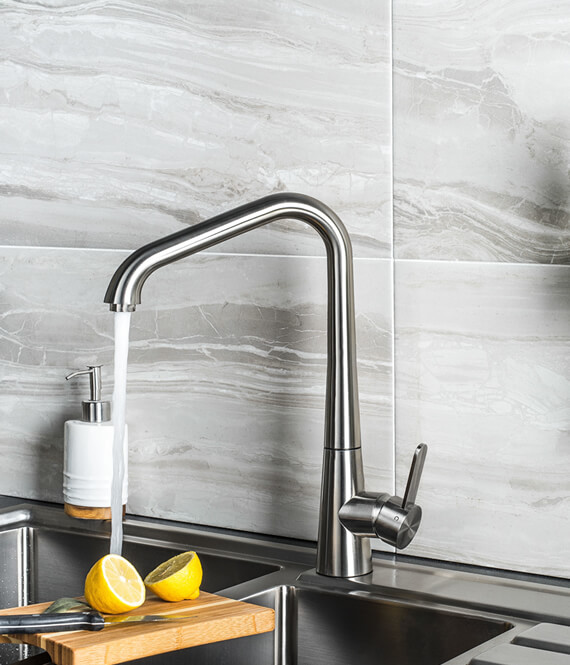

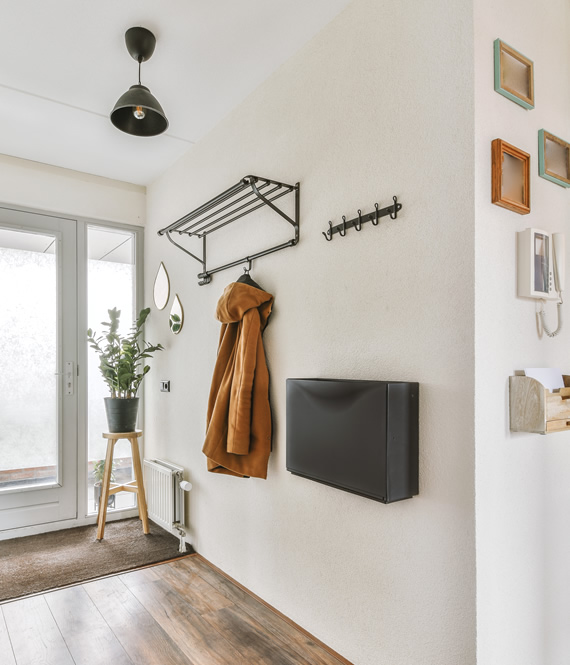
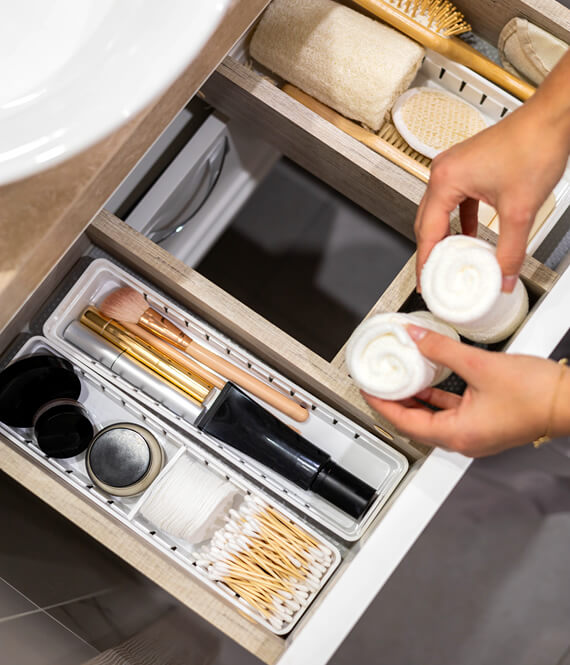
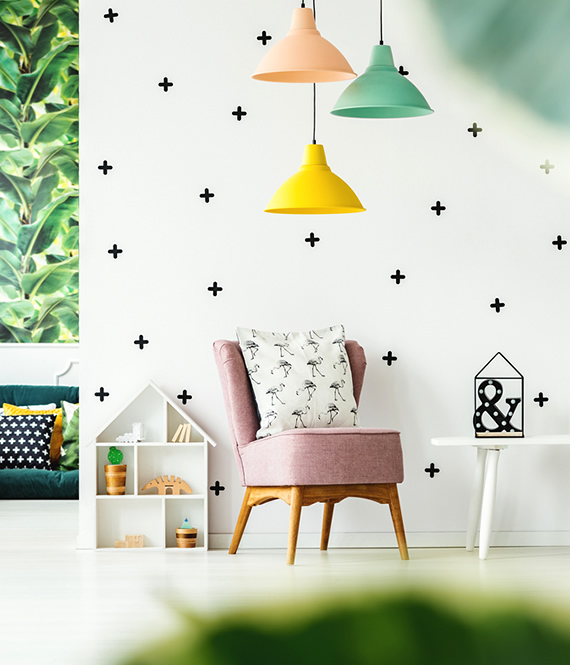


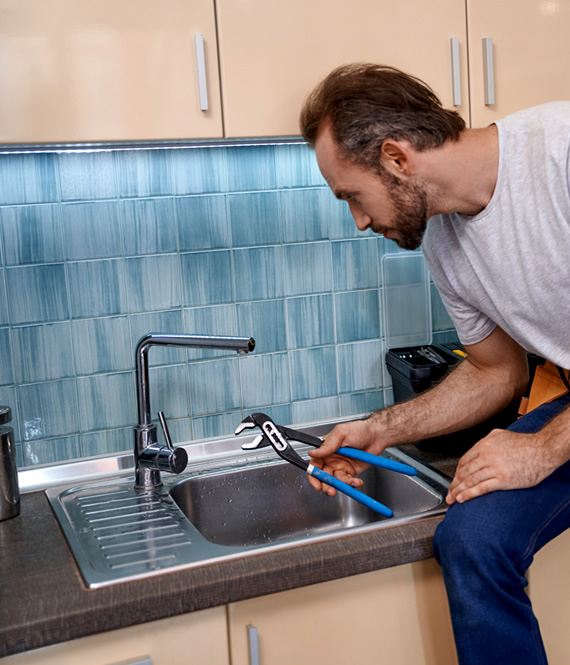

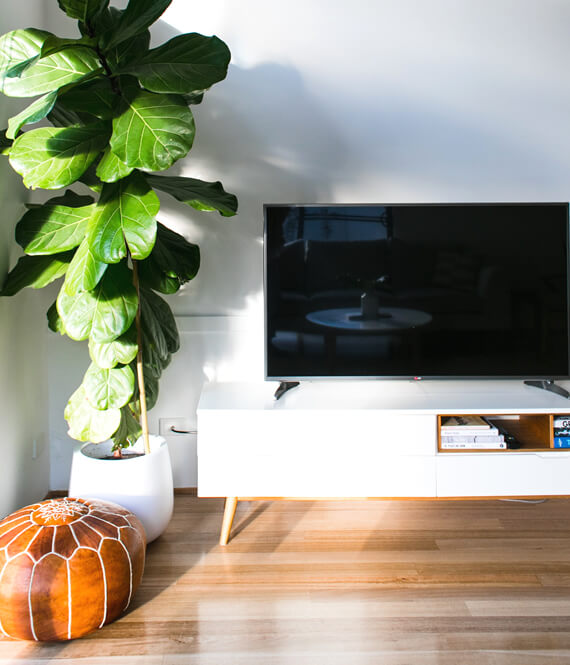

Leave a Comment